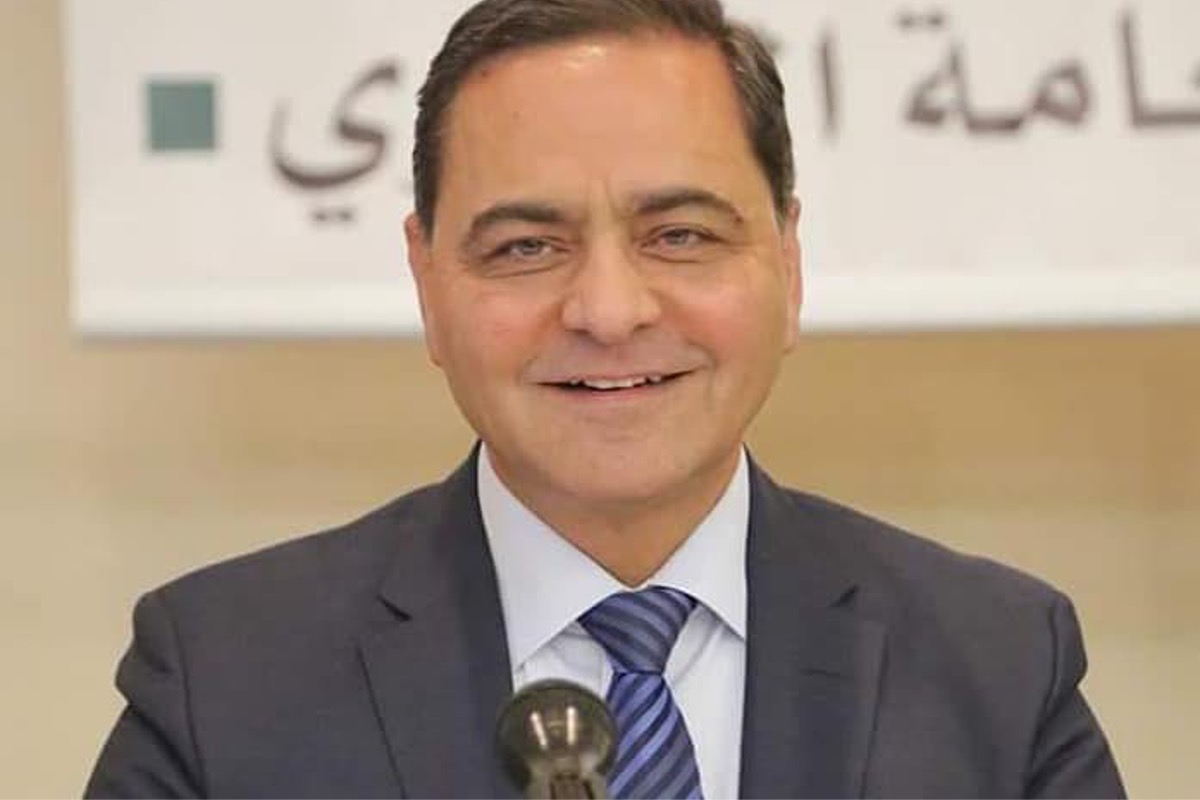
Palestinian businessman Samir Halila has clarified reports suggesting he may lead the administration of Gaza after the ongoing conflict, stating that his acceptance of such a role would depend on the approval of both the Palestinian Authority and international donors.
Speaking to Sky News Arabia, Halila said he was first approached for the position more than a year ago. “Intensive consultations took place with President Mahmoud Abbas, the Prime Minister, and other parties connected to the Palestinian Authority,” he explained. “This is natural because I am a son of the Palestinian Authority.”
He emphasised that his nomination was linked to his independence and administrative experience, and framed the discussions within the urgent need for a resolution to the crisis. “We are seeking a solution that will save Gaza from war and genocide,” Halila said.
According to Halila, Hamas has publicly stated it will not participate in governing Gaza after the war, signalling no objection to an independent administrative committee taking over.
Halila previously served as Secretary-General in Ahmed Qurei’s third government and chaired the Palestine Stock Exchange until March this year.
Palestinian Presidency denies involvement
In response to media speculation, the Palestinian Presidency rejected claims that it was working to appoint a businessman to administer Gaza with the leadership’s approval.
An official source told the Palestinian News Agency (WAFA) that the sole legitimate authority over Gaza is the State of Palestine, represented by its government or an agreed-upon administrative committee headed by a government minister.
The source warned that any alternative arrangement would deviate from the national consensus and align with what they described as “the occupation’s plan to separate Gaza from the West Bank and displace its population.”
The official also noted that the Arab Summit in Cairo had previously discussed a six-month transitional administration for Gaza, separate from the Palestinian Authority and managed through a decentralised structure. Israel reportedly rejected this proposal, and several Arab donor countries voiced reservations over its framework.



